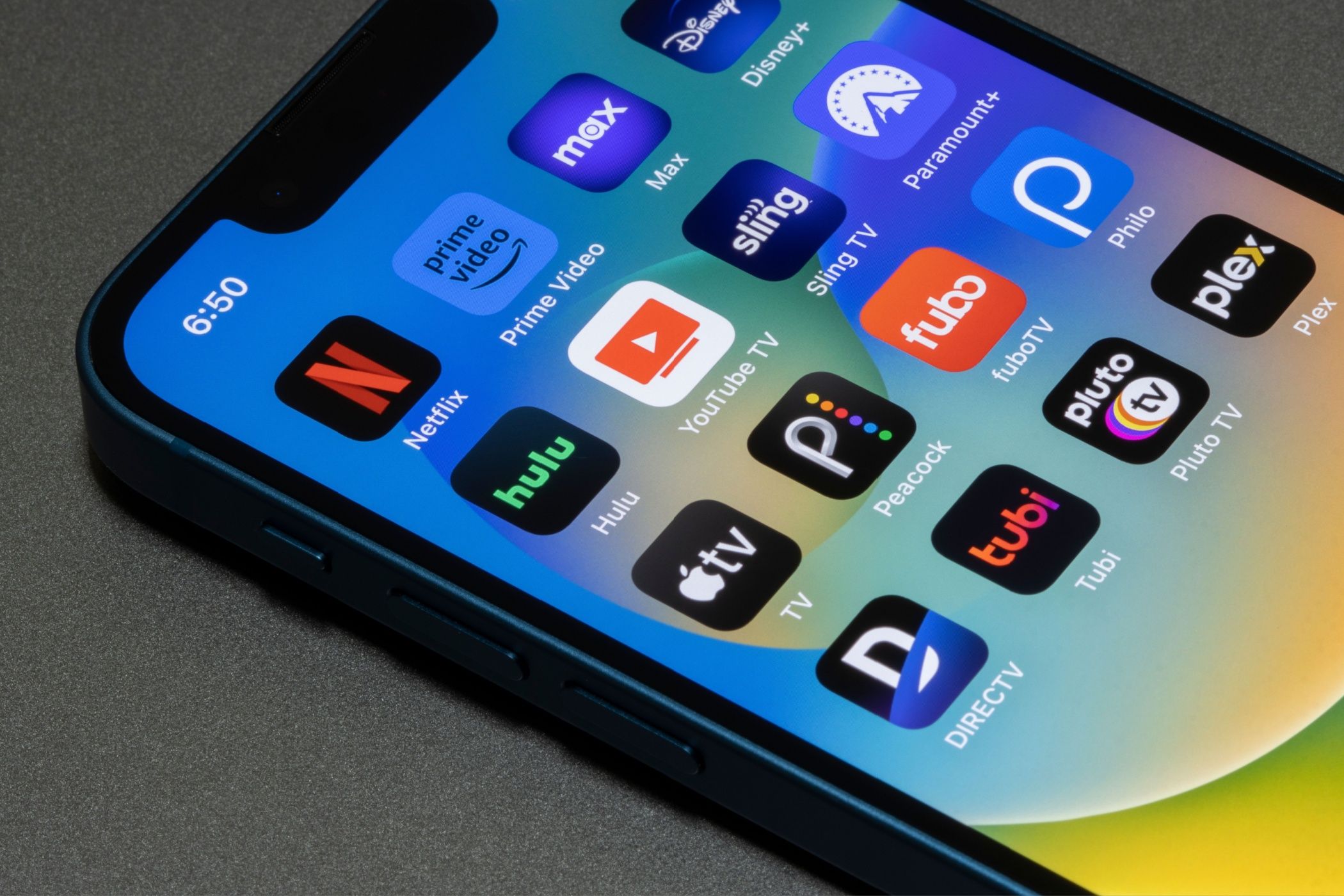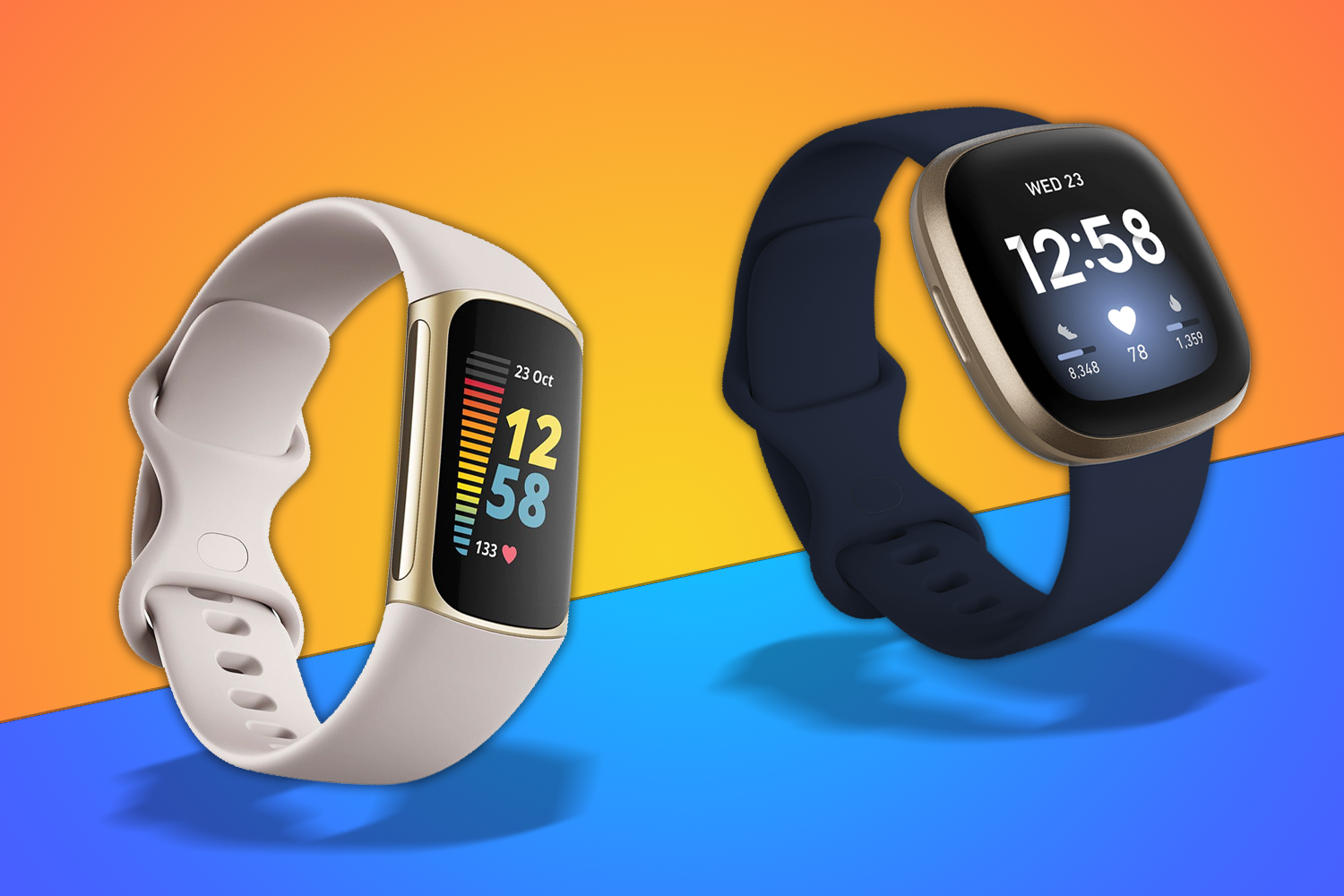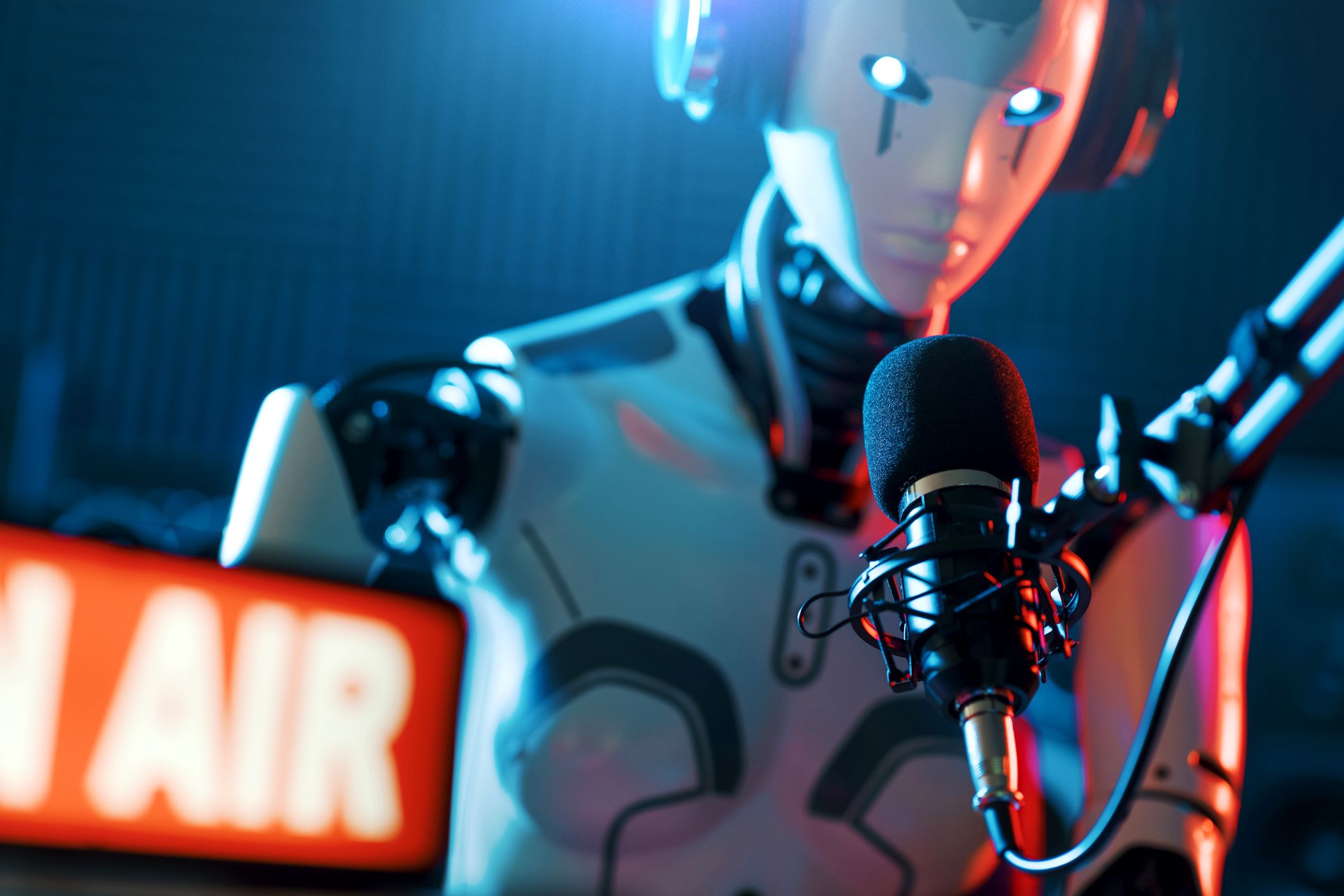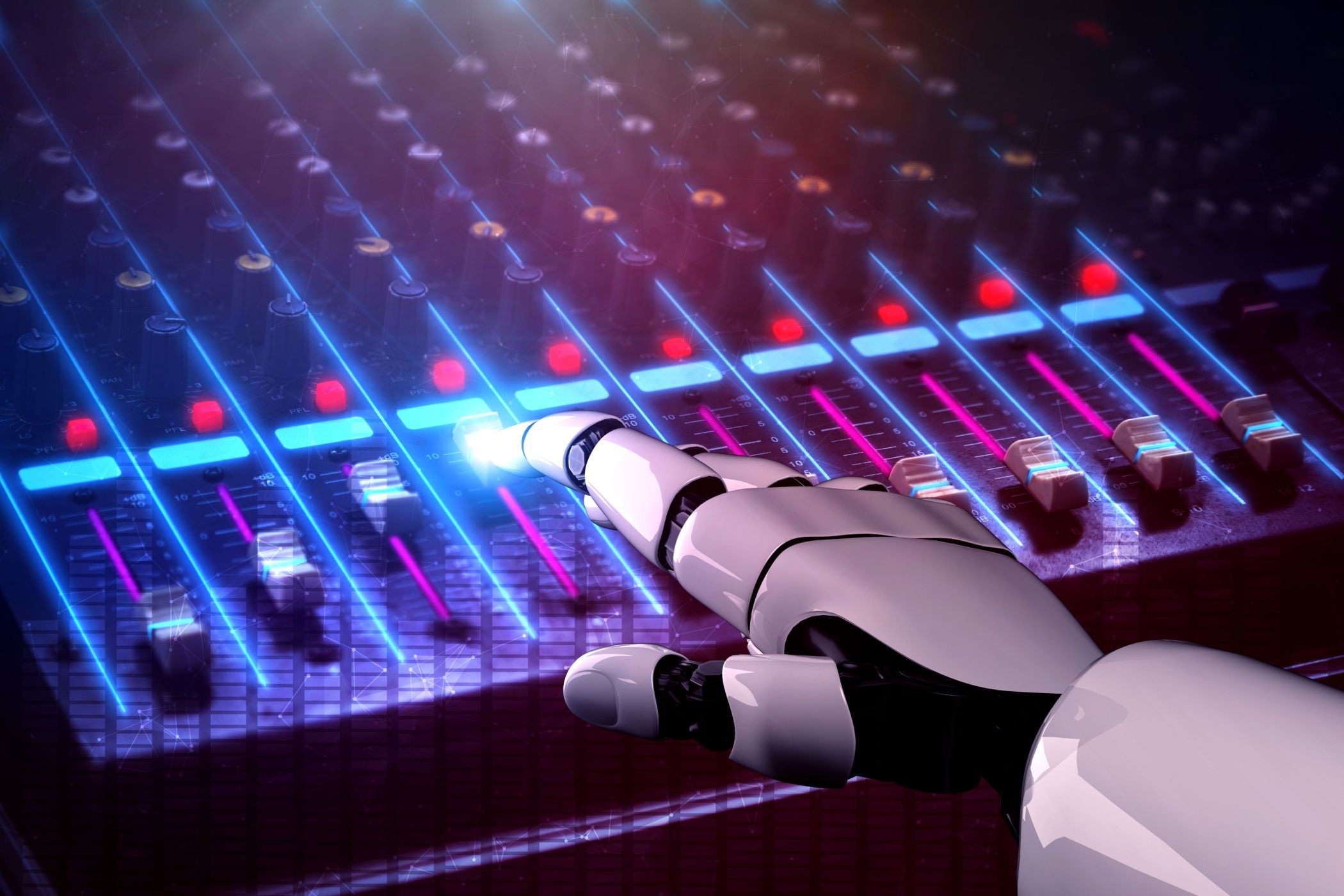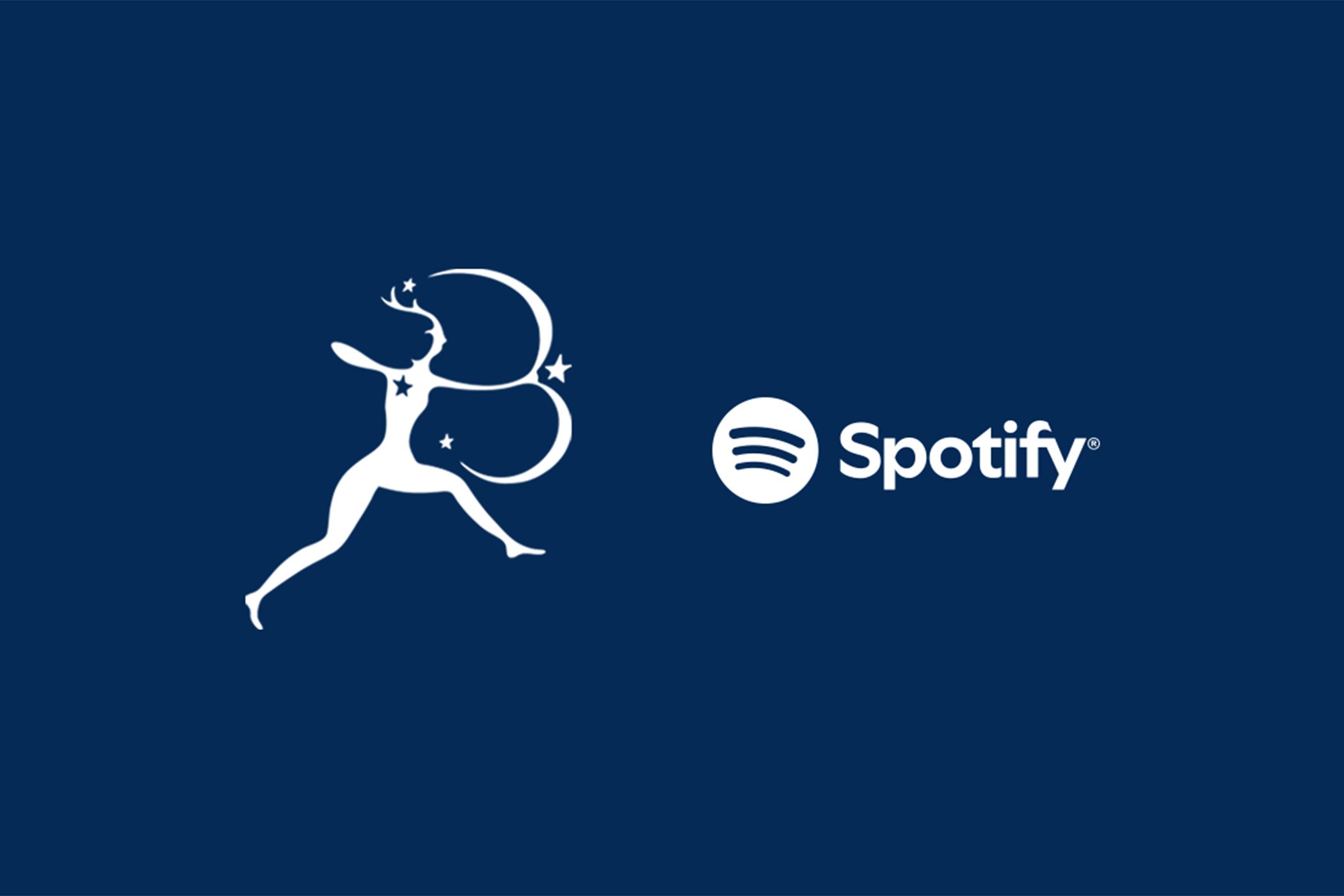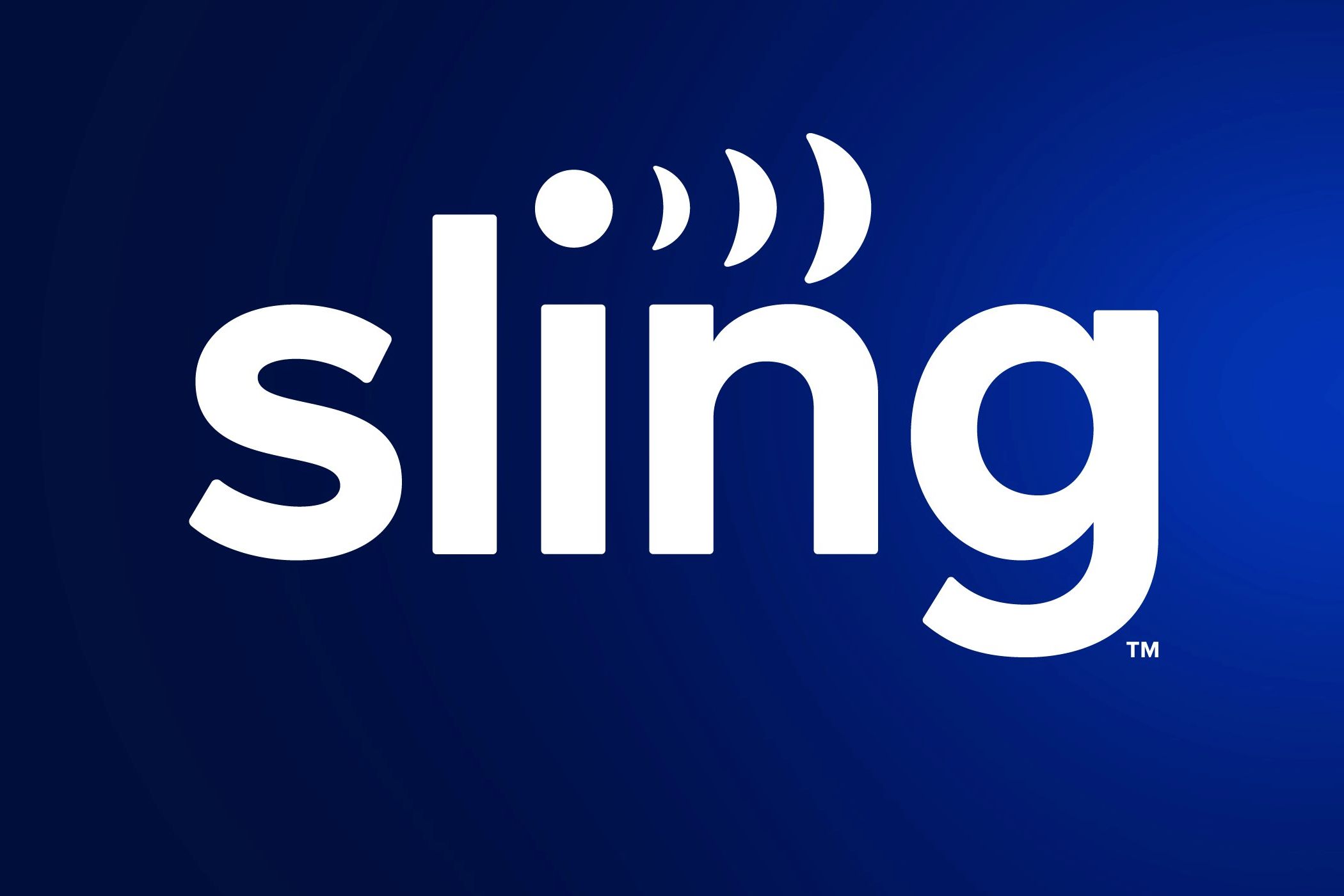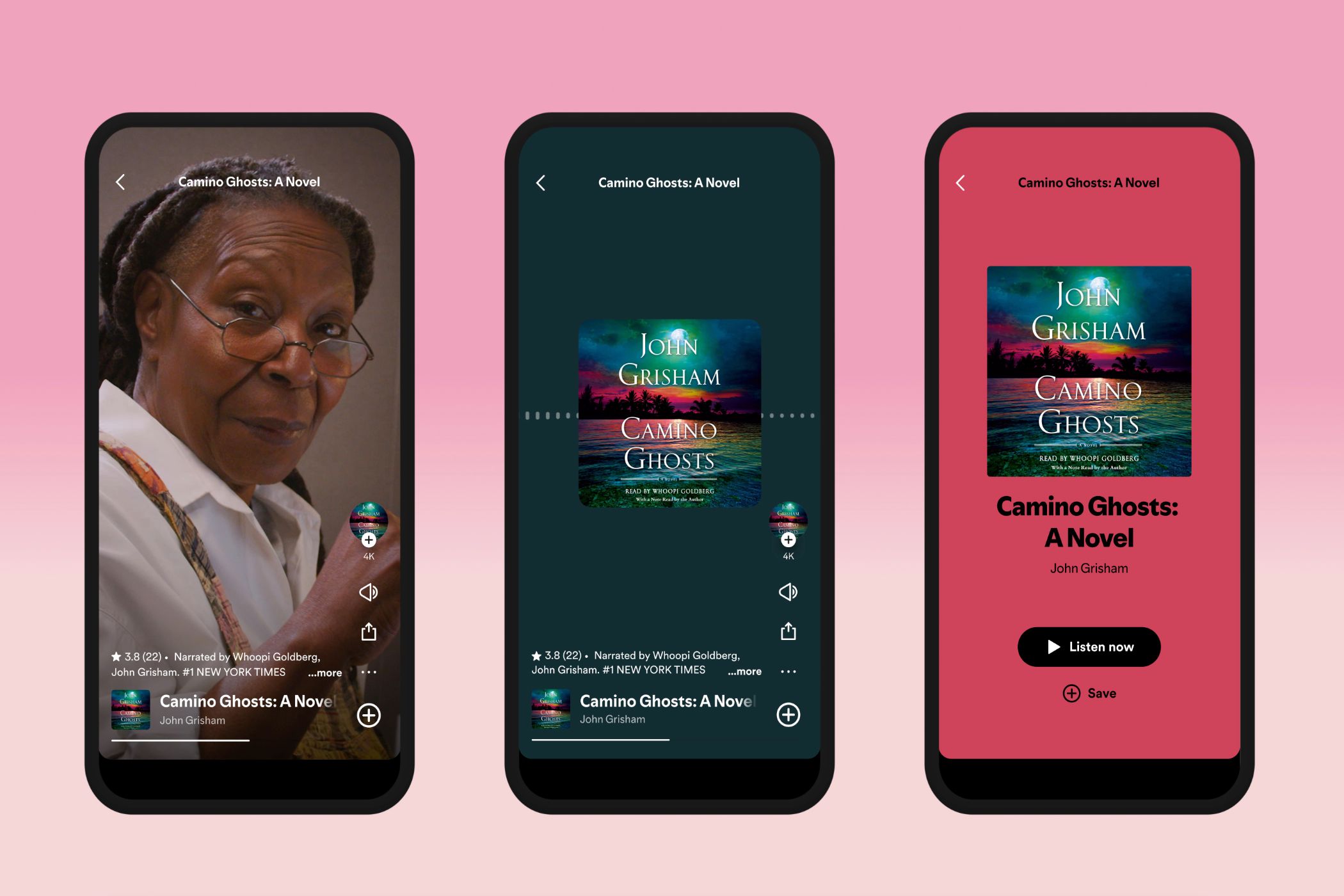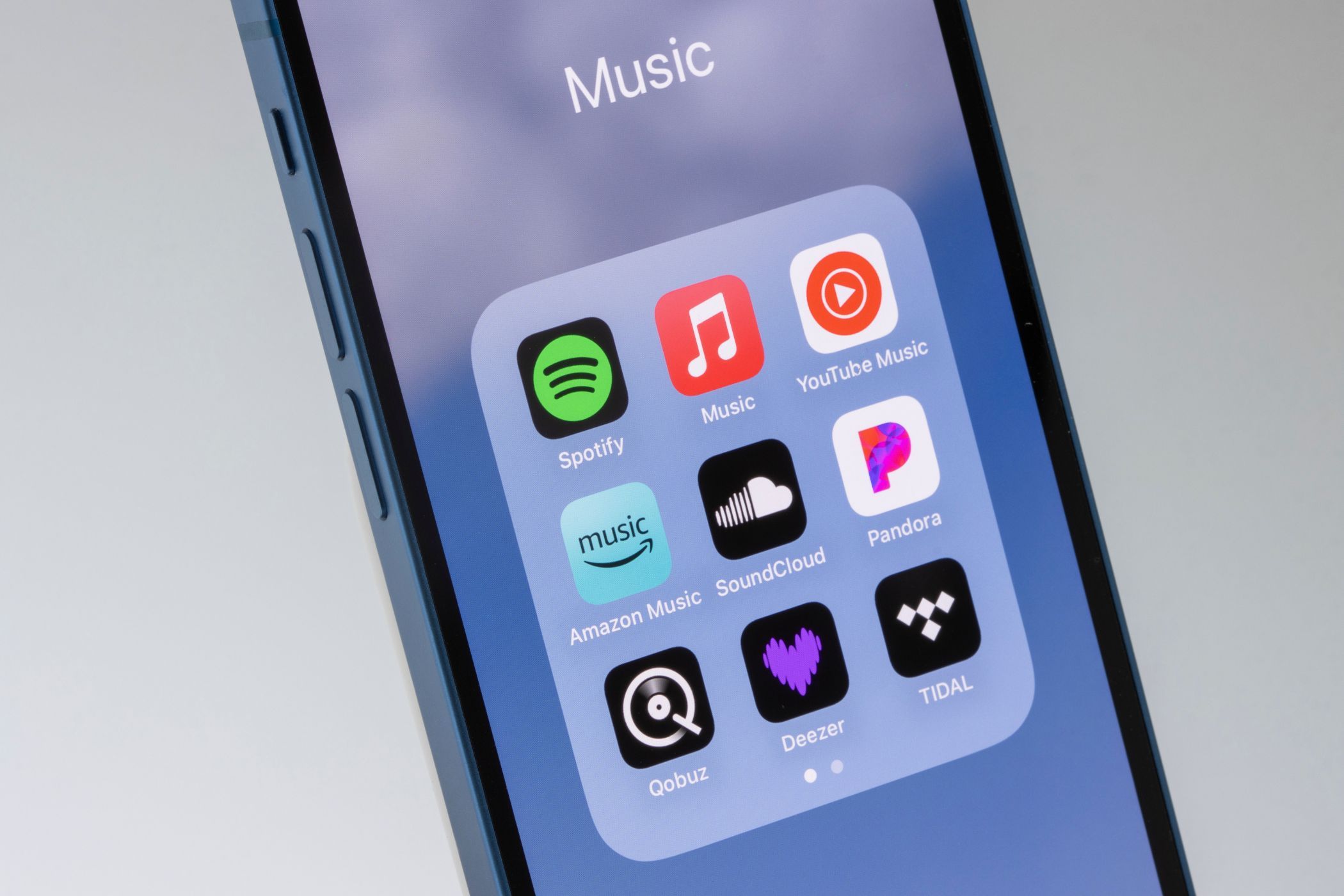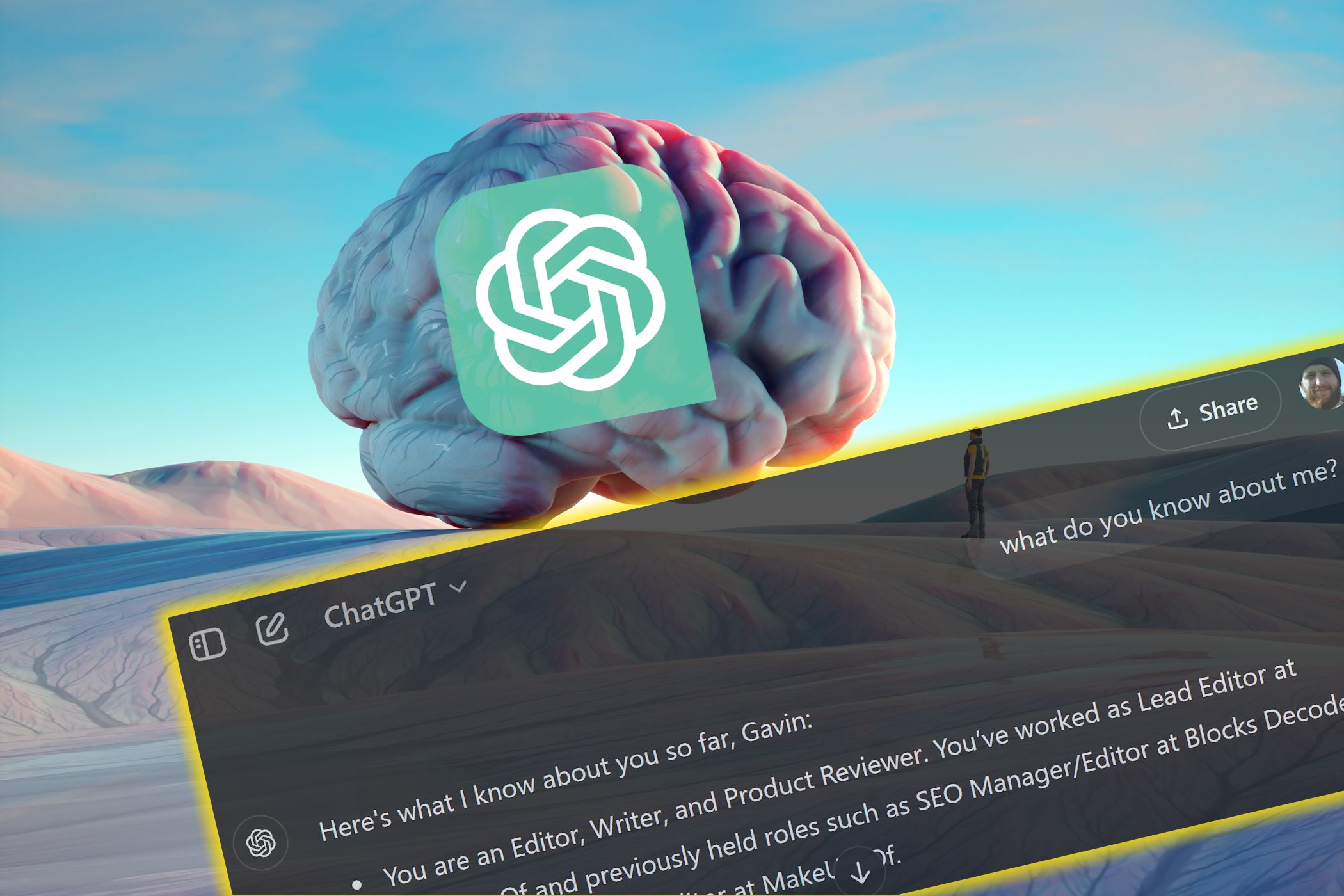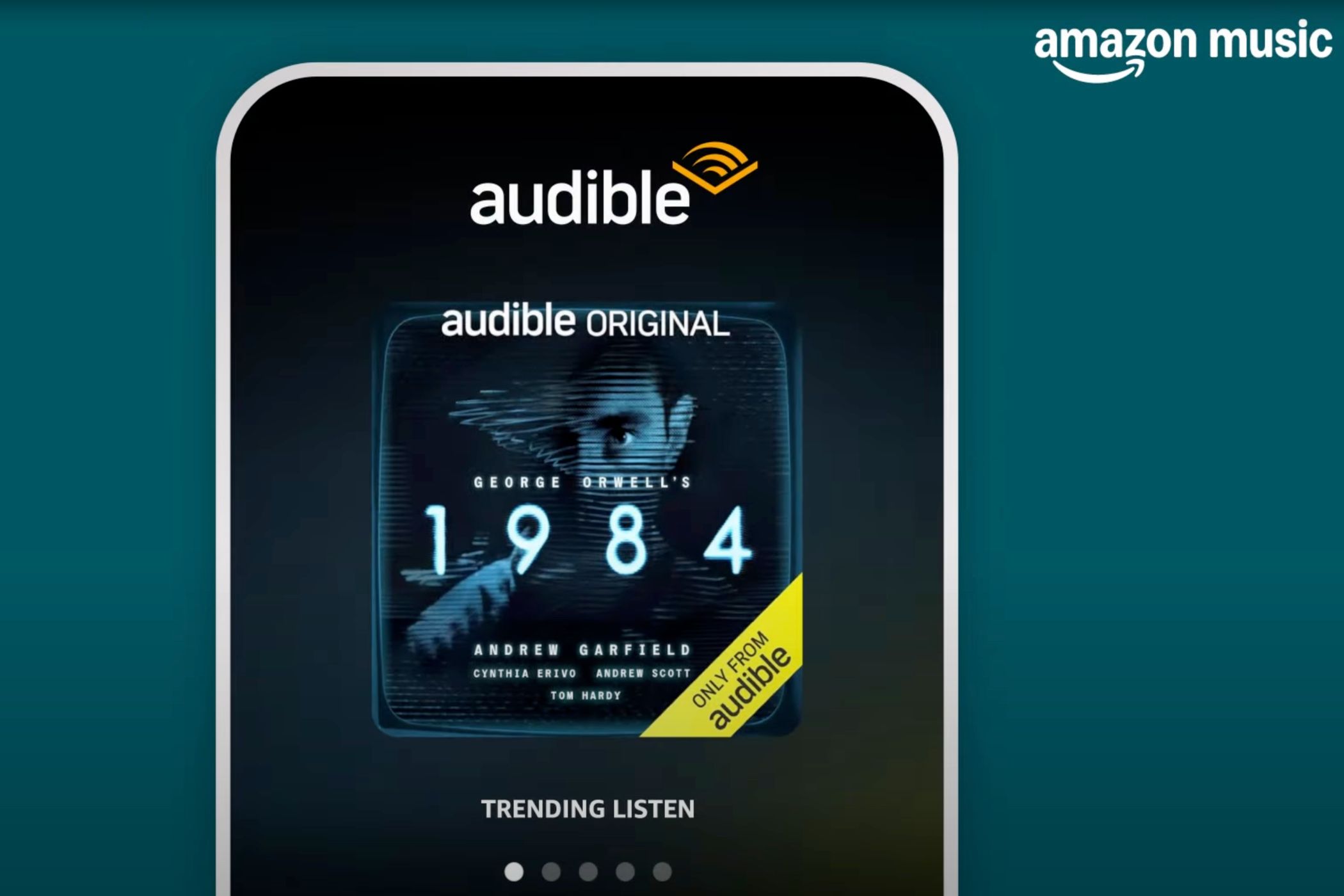AI is now being used to produce fully formatted podcasts. Is this a revolution for audiences and content creators or a dialed-in approach to the art of storytelling?
What Is an AI Podcast?
AI has significantly impacted content creation, particularly in audio production. With the aid of artificial intelligence, entire podcast episodes can now be produced with minimal human input. Using advanced tools like AI voice synthesis, natural language processing, and automated editing software, these technologies can generate scripts, create synthetic voices, and even design immersive soundscapes. This shift allows for the production of complete podcast episodes with little to no human interaction, promising unmatched efficiency and accessibility.
However, these advancements raise important concerns about the nature of creativity versus efficiency for both audiences and producers. Does generative AI improve or undermine the podcast experience?
Fully Generated vs. AI-Assisted Podcasts
AI technology in podcasting is essentially split between fully generated and AI-assisted. Both approaches leverage automation to streamline the content creation process, but they differ significantly in how much control they give to the human creator.
Fully generated podcasts are all about utilizing efficiency. Tools like Podcastle handle everything from scripting and voice synthesis to editing, requiring zero human touch. You plug in a topic, and the AI takes care of the rest, churning out all the essential components of full episodes that are polished and ready for publication. For example, imagine wanting a quick podcast episode on “The History of Jazz.” Podcastle would pull in relevant information, write the script, generate a lifelike voice to narrate it, and produce the entire segment in one go.
Conversely, AI-assisted podcasts blend human creativity with AI’s technical muscle. For context, consider the widely recognized Joe Rogan Experience (JRE). While Joe Rogan and his team create the content itself, it’s probably safe to assume AI tools are being used for the grunt work behind producing a podcast of that scale. Adobe’s suite of resources is considered the industry standard for well-known productions and is utilized for transcribing episodes, editing clips, or generating show notes.
Pros of AI-Generated Podcasts
AI-generated podcasts offer numerous advantages that enhance the experience for audiences and creators. One of the most significant benefits for listeners is increased accessibility and personalization. AI technology effortlessly makes podcasts available in multiple languages, broadening their reach to a global audience. Additionally, AI can analyze listener preferences and trends to deliver tailored content that better matches individual tastes. This level of customization ensures that each episode resonates more deeply with its audience, enhancing overall satisfaction and engagement.
From the creators’ perspective, AI introduces remarkable efficiency and scalability to podcast production. This reduces production time and costs and makes podcasting more accessible to indie creators and small businesses with limited budgets. With AI managing the technical aspects, creators can focus more on crafting compelling content rather than getting bogged down by production logistics.
When viewed collectively, these benefits demonstrate how AI-generated podcasts benefit both audiences and creators. Listeners enjoy a more personalized and accessible podcast experience, while creators benefit from reduced costs, increased production speed, and enhanced creative possibilities.
AI-Generated Podcasts Cons
The future of podcasts isn’t without its fair share of drawbacks. One of the most prominent issues is the lack of human touch. Authenticity is a cornerstone of engaging podcasts, and AI-generated voices and scripts often fall short of delivering the emotional depth and genuine connection that human hosts naturally provide. Listeners may feel disconnected, as AI-hosted podcasts can sometimes come across as impersonal or robotic compared to those led by relatable human personalities.
Creativity and originality also pose significant concerns. AI tends to follow established patterns, which can result in content that feels formulaic and predictable. While AI can generate content based on existing data, it can’t genuinely speak from a human perspective; it can merely emulate it. This severely hinders AI’s ability to deliver compelling and relatable narratives to listeners.
That said, I’ve heard mini-podcasts created by Google’s NotebookLM that have made quite an impression. While the two hosts (one male, one female) are AI-generated, the duo exchange casual banter in a way that comes across as almost too authentic for my taste, leaving the overall experience more unsettling than believable.
Technical limitations and errors are another area where AI-generated podcasts can falter. Mispronunciations and awkward phrasing are common issues that detract from the overall listener experience. Additionally, without human oversight, AI-generated content is prone to factual errors and outdated information, which can undermine the credibility of the podcast.
AI Podcasts Are Polarizing
At its core, AI is a tool meant to drive efficiency. However, in this case, efficiency often comes with a deficit of authenticity. As the podcast industry continues to evolve, I think the key will be finding a balance that leverages AI’s strengths while preserving the unique human elements that make episodes worth listening to. Ultimately, whether AI-generated podcasts will be lauded as a creative resource or dismissed as a dialed-in approach to storytelling remains to be seen.

